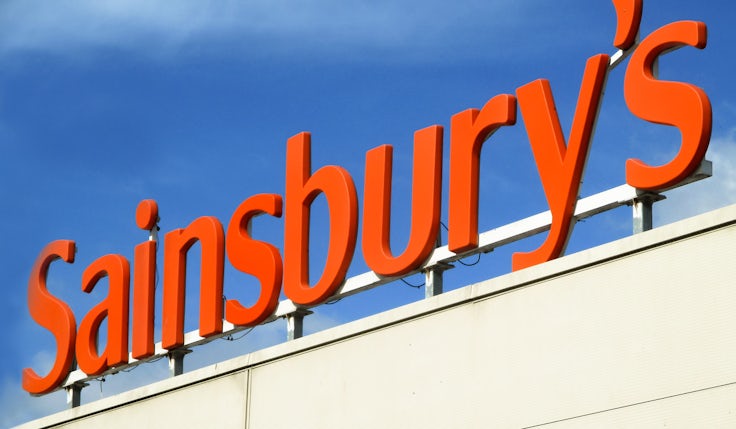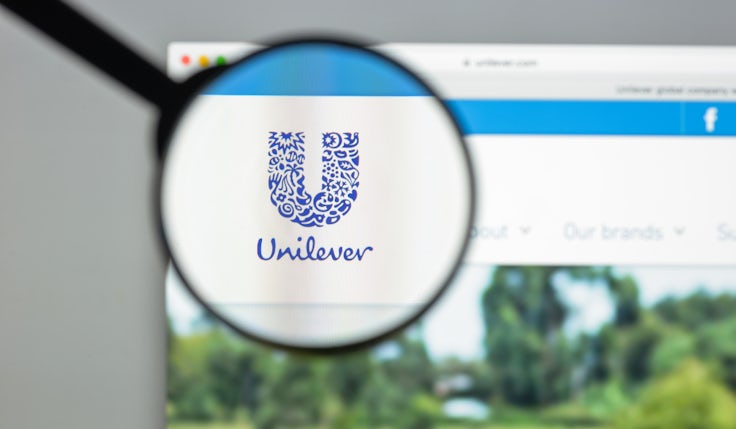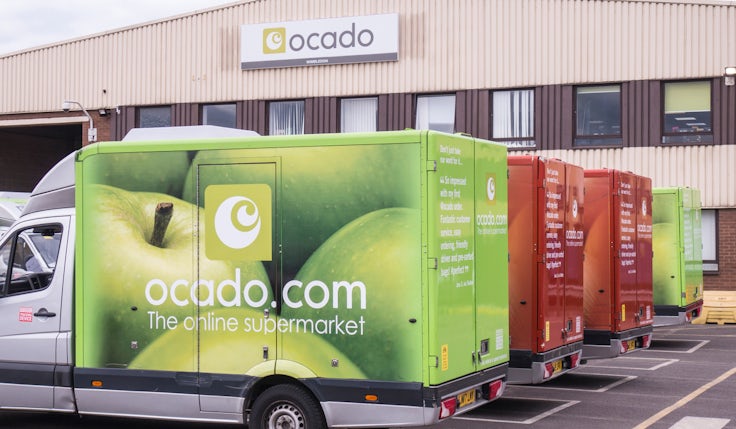Sainsbury’s achieves largest market share gain since 1997 as grocery inflation rises
Grocery inflation rose 1.8% in the four weeks to 4 August, marking the first increase since March 2023.
 Sainsbury’s recorded its biggest year-on-year market share gain since July 1997 with a 0.5 percentage point rise to 15.3% in the 12 weeks to 4 August.
Sainsbury’s recorded its biggest year-on-year market share gain since July 1997 with a 0.5 percentage point rise to 15.3% in the 12 weeks to 4 August.
According to figures from Kantar, Sainsbury’s is also the fastest growing of the traditional supermarkets with sales increasing by 5.2% in the same period.
Sainsbury’s has ramped up its focus on loyalty in the last year, with its Nectar Prices loyalty scheme witnessing a “good early start to the summer”, according to CEO Simon Roberts. Reporting its half year financial results last month, Roberts said the retailer is “laser-focused on delivering the best combination of value and quality in the market”.
The supermarket has also ramped up investment in its marketing capabilities and promotional activity recently. In April, it launched its ‘Low Everyday Prices’ programme in April in a bid to promote value across branded products. At the time, CEO Simon Roberts said it would make its offering “simpler”.
Sainsbury’s plans ‘disciplined approach’ to discounting despite promotion heavy market
In the four weeks to 4 August, take-home grocery sales rose 3.8% year-on-year.
Ocado continues its run as the fastest growing grocer with sales up by 11.3%. Its market share is up 0.1 percentage point, with an overall share now of 1.8%.
Discounter Lidl has the second-highest sales growth for the period, growing 7.8% compared to Aldi’s 0.5%. Tesco also made market share gains, with a 0.6 percentage point increase putting the largest supermarket at 27.6% share – its sales grew 4.9% in the period.
Waitrose’s market share increased by 0.1 percentage point to 4.5% as sales grew by 4.5% – it’s strongest growth since November 2023.
Just Asda and Co-op saw sales decrease over the period, with falls of 6% and 1.8% respectively, with Asda’s market share falling by 1.1 percentage point to 12.6%.
While grocery sales witnessed an uptick, grocery inflation increased for the first time since March 2023. Inflation rose 1.8% across the month – up from 1.6% last month – ending a 17-month run of inflation decline.
Fraser McKevitt, head of retail and consumer insight at Kantar, says: “Having reached its lowest rate in almost three years in July, inflation nudged up again slightly in August.
“While this is notable following 17 straight months of falling rates, it actually marks a return to the average levels seen in the five years before the start of the cost of living crisis.”
Celebrating the summer of sport
The pressure was on retailers to capitalise on the summer of sport. As England made it to the UEFA Euros final, consumers spent £10m on beer on the day – the biggest spent on a Sunday in more than three years.
Sales of burgers rose 32% compared with last year, as did ice cream (23%) and prepared salads (22%).
“While people continue to make smart choices to manage their budgets, we should never underestimate Britons’ love of big occasions,” says McKevitt.
Marking the Olympics, sales of wine grew 35% on the day of the opening ceremony, while nuts and crisps sales also grew 60% and 10% respectively.







